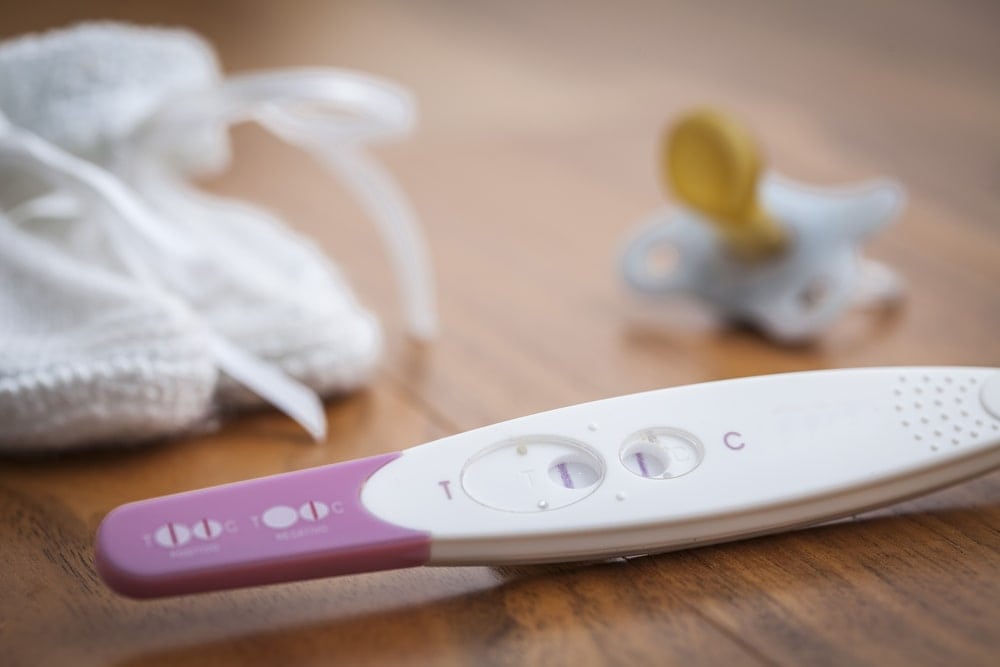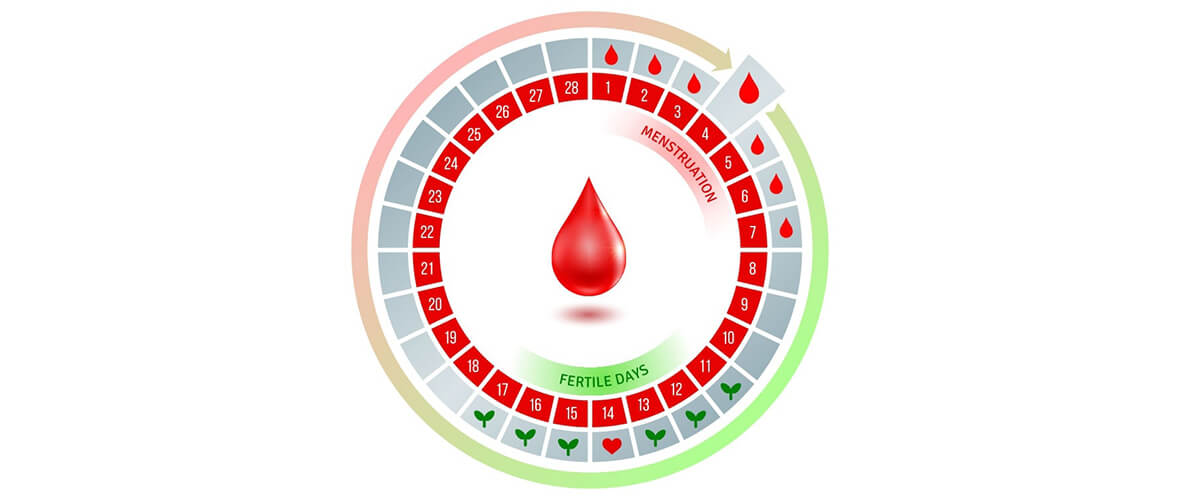Planning to get pregnant can be a powerful motivating factor to help improve your preconception health. The rate of smoking cessation during pregnancy illustrates this power. Among US women smoking 3 months before pregnancy, 55% stop during their pregnancy. Quitting smoking makes premature birth less likely, thereby increasing the chances of normal weight healthy babies.
A protective maternal instinct should ideally motivate behavior change regardless of if a pregnancy is planned or not. Consistently striving for health is essential because an estimated 50% of pregnancies in the U.S. are unplanned. That means that even if you are not planning on having a baby, if you are sexually active it is crucial that you prepare your body for pregnancy, just in case. Behaviors related to food, physical activity, and sex are important aspects of healthy living.
Preconception Health Tips
Eat Right
Diet plays a central role in health. A healthful diet is one that supplies the right amount of all essential nutrients. These essential nutrients include proteins, carbohydrates, fats, vitamins, and minerals. Expert opinion on the recommended intake of each nutrient is summarized incredible resources such as the Dietary Guidelines for Americans.
For practical help with meal planning, useful tools include MyPlate and Nutrient Facts Labels by the Department of Agriculture and Food and Drug Administration respectively. MyPlate provides guidance on appropriate components of a balanced meal. Nutrition Facts Labels offer information of the specific quantity of nutrients in packaged food. Medical conditions such as obesity, diabetes, and vitamin deficiencies may develop from a poor diet and complicate pregnancies.
Tip: Nutrition Facts Labels highlight the presence and amount of desirable and less desirable nutrients. When shopping, labels should guide the preferential choice of foods rich in potassium, calcium, vitamin D, and other vitamins. Furthermore, food choices with large amounts of sodium added sugars, and fats should be avoided.
Get Active
Time spent on moderate or vigorous physical activity creates the best conditions for healthy babies. Moderate or vigorous physical activity causes the heart to beat faster and makes it a challenge to talk without pausing. Examples of moderate physical activity include brisk walking, dancing, and gardening. The vigorous activity could be running, fast cycling, or playing basketball.
According to the American Heart Association, at least 30 minutes each day for 5 days in a week should be spent engaged in moderate physical activity. When a habit of physical activity is formed, the risk of a pregnancy complicated by heart disease is reduced. Notably, pregnancies complicated by heart disorders are a leading cause of maternal death during or after delivery. Other benefits of an active lifestyle include weight loss, stress relief, and emotional wellbeing. Talk to your doctor before participating in vigorous activities.
Exercise Tip: The mind exerts a powerful influence on over-exercise habits. Self-efficacy is one’s belief in self or confidence in abilities. To become consistently active, a deliberate effort can be made to develop self-efficacy. This effort could initially involve a daily run or walk of 0.5 miles. By gradually increasing the distance covered over weeks, a sense of achievement and an increase in self-efficacy reinforces the active lifestyle.
Safer Sex
Developing babies are threatened by multiple sexually transmitted infections (STIs). The sexually transmitted herpes infection is an illustration of the grave danger of risky sex. Victims of herpes are never cured because the virus permanently conceals itself in the body. Approximately 1 in 5 adolescents and adults in the US harbor the herpes virus. In affected women, painful genital blisters and ulcers contain viruses that could infect a baby. The consequences of herpes infection in babies include blindness, mental retardation, and death. Babies are equally threatened by HIV, hepatitis B virus, syphilis, gonorrhea, and other sexually transmitted infections.
If you know you already have an STI or may be at risk for one (having multiple sexual partners, not using condoms, sharing needles, etc), make sure you talk to your doctor about your risk or getting tested or treated. This way, you promote both your health and the health and normal development of your baby.
Safer Sex Tip: Two ways to help reduce the odds of contracting an STD include choosing to only have sex with one partner who is also only sexually active with you and deciding to use a condom correctly each time you have sex. Though neither of these methods offers complete security, they can decrease your risk of picking up an STD by a great deal.
It’s important to note that the only 100% effective way to avoid pregnancy and STDs is to abstain from sexual activity.
Preconception Wellness Summary
The preconception period is the time preceding a pregnancy. Even if there is no immediate plan for a pregnancy, you need to pay attention to diet, physical activity, and safer sex. Such attention to a healthy lifestyle should be motivated by personal benefits and an appropriate concern for the welfare of babies in planned or unplanned pregnancies. The time to adopt a new lifestyle that promotes preconception wellness is now!
Our Ultimate Fertility Resource Guide provides the information you need on fertility, tips on how to get pregnant faster, and how to boost fertility through sometimes simple tweaks to your lifestyle and approach. The guide is easy to read and meant for anybody wanting to increase their ability to conceive. It’s a free download and includes coupon codes for essential products. Even free Nightfood Nighttime Ice Cream.
Want to Know More?
- How to Get Pregnant Naturally
- Infertility 101: What You Need to Know First
- Male Infertility
- Female Infertility
- Ovulation: Frequently Asked Questions
Compiled using information from the following sources:
1. Positive Psychology Program.
2. My Plate.
https://www.choosemyplate.gov/
3. Centers for Disease Control and Prevention (CDC): Tobacco Use During Pregnancy.
4. Health.Gov Dietary Guidelines.
https://health.gov/dietaryguidelines/
5. Centers for Disease Control and Prevention (CDC): Herpes.






